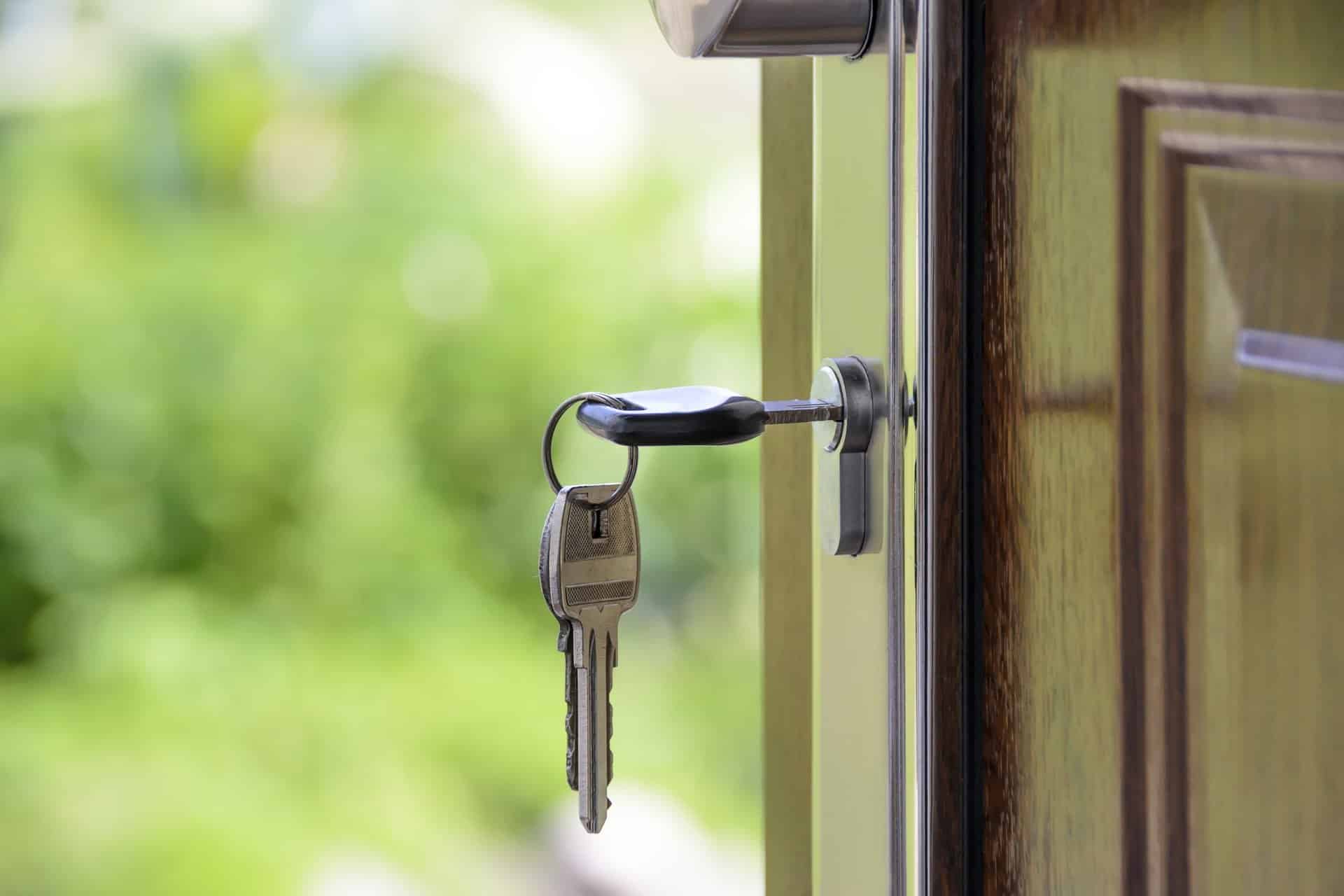Landlord Possession Proceedings At Tinsdills
Find out more about obtaining possession of a residential property under Assured Shorthold Tenancies.
We also cover:

Fill in the contact form and we will get back to you shortly.
Get on contact and we will arrange a no-obligation callback at a time to suit you.
1
2
3
I consent to Tinsdills contacting me via:
Landlord Possession Proceedings
There are two main routes to obtaining possession of residential property under an Assured Shorthold Tenancy. One is under section 8 of the Housing Act 1988 (“section 8”), and the other is under section 21 of the Housing Act 1988 (“section 21”) and the accelerated possession procedure (“APP”), although you do not have to use the APP.
The Section 8 route is fault-based and mainly used when the tenant breaches the tenancy terms (i.e. the landlord has grounds for possession). The most common grounds for possession are arrears of rent (grounds 8, 10 and 11). Provided the tenant is (in the case of a monthly rent) 2 months or more in arrears on the day that the section 8 notice is served and on the day of the hearing, the Court will Order possession. The Section 8 route can also seek rent arrears in addition to possession. Claiming rent arrears under section 21 but not whilst using the APP is possible.
The Section 21 route is not fault-based and is used where the tenancy agreement has come to the end of its fixed term or if the tenancy has rolled into a monthly tenancy and the landlord wants to bring it to an end and retake possession. Unlike the Section 8 route, the landlord does not require a ground for possession. Rent arrears cannot be recovered under the section 21 APP route.
Therefore:
The Section 8 route should be used when a tenant is within a fixed term and has done something wrong (e.g. fallen into rent arrears) or if the landlord wants an order for possession and arrears.
The Section 21 route should be used when the landlord wants the tenant to vacate the property at the end of the fixed term or during a monthly/rolling tenancy.
Possession Proceedings Costs
Our fees are fixed, and the amounts below include VAT (20%) and all court fees. The court fee for issuing the claim is currently £391, and the fee for applying for a Warrant of Possession (to instruct the bailiff to attend) is £143. The court may award you a nominal fixed sum for costs likely to be less than the charges incurred.
IMPORTANT
Please note that these fixed fees only apply as long as the tenant does not actively oppose the claim or raise a defence and/or counterclaim, which will require more detailed evidence to be prepared and submitted to the court. Additional costs will be incurred if more than one court attendance is required.
In those cases, our charges will revert to our standard hourly rates calculated based on time spent. These costs will depend very heavily on the nature of the defence and/or counterclaim put forward by the tenant and the number of court attendances required.
The Most Popular Questions For Section 8
I took a deposit but did not protect it adequately. Can I use section 8?
Yes. Section 8 is not concerned with the rules about the protection of deposits.
Note, however, that if you have not protected the deposit and failed to give the tenant the prescribed information within 30 days, the tenant may have a separate claim against you for damages equivalent to 1 to 3 times the amount of the deposit and possibly two claims if the fixed term has expired.
What grounds do I need to establish to use section 8?
Section 8 is a fault-based route. The landlord must establish that s/he can satisfy one of the 18 grounds in Schedule 2 of the Housing Act 1988.
Some grounds are “mandatory” – i.e., require the court to order possession, leaving the judge with no discretion – while others are “discretionary” – i.e., give the court the power to order possession but leave it to the judge to decide whether to do so.
The usual grounds landlords use are 8, 10 and 11, which relate to rent arrears. Ground 8 is mandatory and states that possession will be granted if the tenant is 2 months in arrears on the day the section 8 notice is served and the day of the hearing.
Grounds 10 and 11 – some other rent amount less than 2 months being owed and persistent non-payment or late-payment of rent – are discretionary grounds.
Note that there must be 2 months’ arrears at both the notice date and the hearing date for Ground 8 to apply. If the arrears are reduced to less than 2 months by the hearing date, the court no longer has to make an order under mandatory ground 8, only under discretionary grounds 10 and 11.
How long is the notice period?
Depending on the ground of possession used, the notice period is between 2 weeks and 2 months.
Grounds 8, 10 and 11 are the most common and only require a notice period of 2 weeks.
Will I need to go to court?
A hearing will be required to deal with the request for possession, but you do not have to attend.
You can come along if you wish. Whether you attend in person or not, Tinsdills will arrange for someone to attend the hearing on your behalf.
Can I obtain an order to pay rent arrears at the same time?
Yes.
The Section 8 route allows the court to make an order for possession and enter judgment against the tenant regarding rent arrears.
How long will it take?
The tenant might decide to vacate at any stage during the process. However, if they do not, the following timescale is typically:
Section 8 notice: At least 2 weeks
Court proceedings: Around 2 months
Court bailiff: Around 1 month
TOTAL: Typically 3 to 3.5 months
Can I recover any costs?
Yes. However, costs are minimal, mainly if rent is the ground for possession, and considerably less than the actual costs incurred.
You can seek an order that the tenant must repay you the Court fee (currently £355) and fixed costs of £126.75.
However, please remember that having an order the tenant must pay is not the same as the tenant paying. It is frequently necessary to enforce the judgment regarding rent arrears and an order regarding costs through separate enforcement proceedings. Several enforcement options are available, which we will gladly discuss with you further if appropriate.
Why Tinsdills is the legal team for you
Ranked top 15 out of more than 11,000 solicitor firms in the UK.
Would recommend to friends and family
Satisfied with outcome of matter

Contact Us Now To Discuss Your Landlord & Tenant Dispute
With a dedicated team on hand to guide you through every necessary step, you can be certain that we will give you the best chance of getting the outcome you deserve.
Our phone lines are open Mon to Fri: 9:00am – 5:00pm.
To arrange an appointment with one of our contentious probate solicitors in Hanley, Leek, Newcastle-Under-Lyme, or Sandbach, please call





